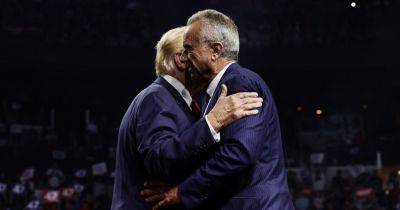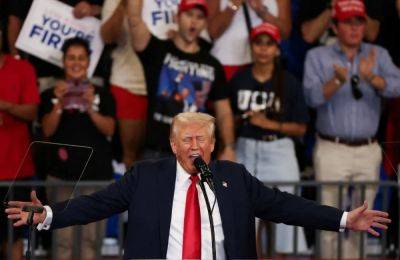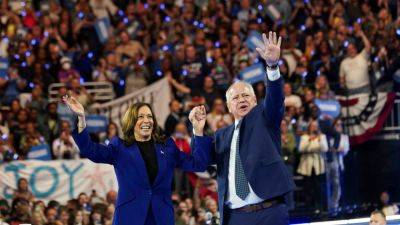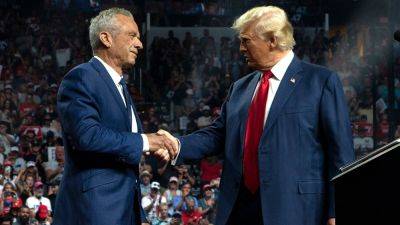How NAFTA Broke American Politics
In May of last year, Marcus Carli, the plant manager of the Master Lock factory in Milwaukee, Wis., called a surprise meeting with the board of United Auto Workers Local 469. Several officers of the union, which represents the workers at the plant, joined Carli and an executive from Master Lock’s parent company in a tiny conference room. Carli brought along a security guard. “He’s here for my protection,” Carli told the union representatives. As the guard sat down, Yolanda Nathan, the local’s incoming president, noticed his gun. “That’s when I thought, Oh, we’re losing our jobs,” she says. Carli immediately confirmed her worst fears. “The plant’s closing,” he announced. “It took my breath away,” Nathan says. “It took all our breaths away.”
Half an hour later, the plant’s first-shift workers were called to assemble in the old cafeteria. A row of tables spanned the room, separating company officials from the workers. “The plant’s closing,” Carli said again. He refused to take questions. “They just dropped the bomb on us,” Jeremiah Hayes, who worked in the plant’s wastewater-treatment facility, says. He particularly resented the makeshift barrier: “It was insulting. We felt like a bunch of animals.”
Mike Bink, who started at Master Lock in 1979, was devastated but not surprised. Months earlier, a co-worker whose job entailed making steel plates that were fed into a machine to make a lock body told Bink that the plates were now being shipped to Master Lock’s plant in Nogales, Mexico. That factory was built in the 1990s, not long after President Bill Clinton signed the North American Free Trade Agreement into law, and the company eliminated more than 1,000 of nearly 1,300 union positions in Milwaukee. “People ran for the gate,”







